







































Suarez's moment of madness?
Striker Luis Suarez was his usual, tricky self in Uruguay's must-win clash with Italy,
forcing goalkeeper Gianluigi Buffon into a fine save from this powerful shot in the second half.
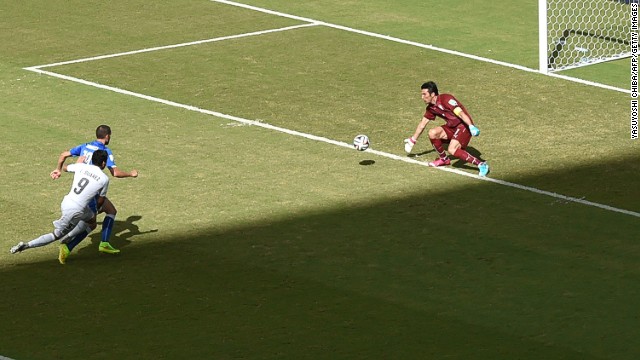
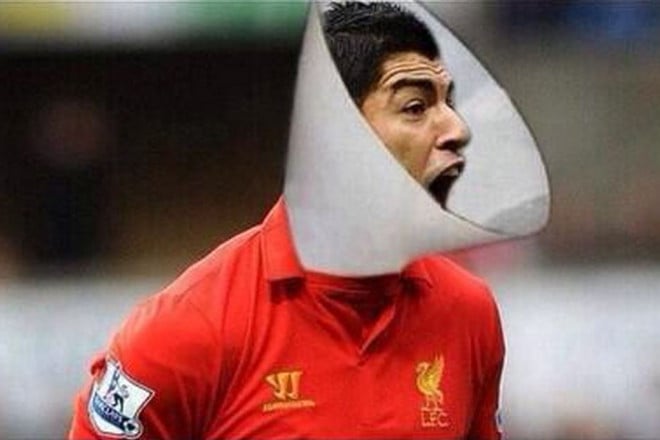
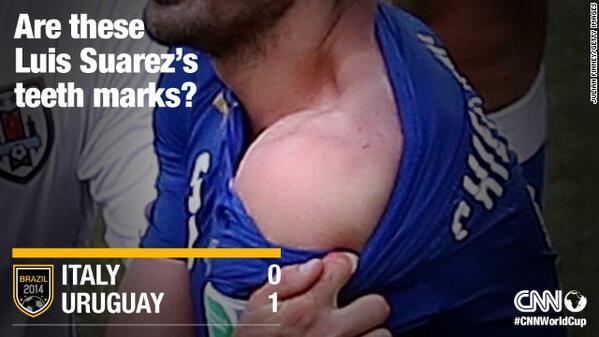

Suarez faces lengthy ban as FIFA investigate bite



The 27-year-old Liverpool forward might be left chewing over this one for quite a while given the volume of online activity.
Suarez was banned for 10 games in April 2013 after being found guilty of biting Chelsea defender Branislav Ivanovic.
He was also guilty of biting during his time in the Netherlands with Ajax where he was banned for seven games after
leaving a scar on the collarbone of Otman Bakkal.
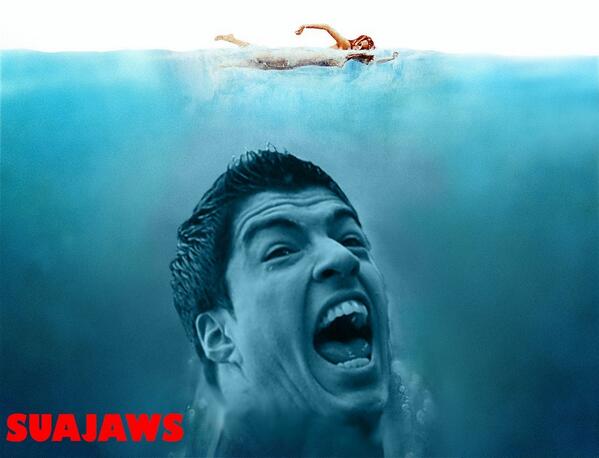

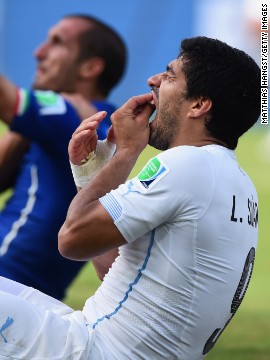
Suarez has previous on the biting front, having been banned for similar incidents in Holland and in England.

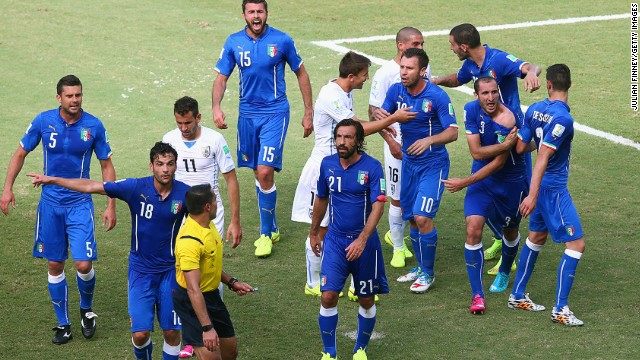
Players from both sides react after the incident. Chiellini later told Rai TV: "It was ridiculous not to send Suarez off. It is clear."

Chiellini attempts to show the referee the mark left by Suarez's alleged bite.
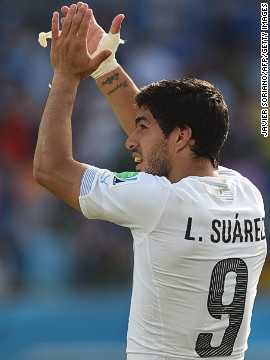
Suarez celebrates as Uruguay booked their place in the last 16 thanks to a 1-0 win

The most ruthless soccer players often use their hands or elbows or knees to rough up opposing players.
The most reckless — or dirtiest — might even use their cleats. Then there is Luis Suárez.
Suárez, the Uruguayan striker who has emerged as one of the best players in the world over the past year, is a biter. And, it seems, a serial one.
For the third time in his career, Suárez is facing potential punishment for appearing to sink his teeth into an opponent.
This time, it happened on the biggest stage of all, the World Cup, during Uruguay’s 1-0 victory over Italy on Tuesday.
Late in the second half, Suárez bumped into Giorgio Chiellini, an Italian defender, while jockeying for position
in the penalty area and then dropped his head into Chiellini’s shoulder. Chiellini immediately recoiled as both fell to the ground.
The entire scene was surreal: The referee — a Mexican named Marco Rodríguez, whose nickname is
Dracula because of his resemblance to a version of that character on Mexican television —
did not notice and paid no mind to Chiellini’s attempts to pull his collar aside to show what appeared to be bite marks on the back of his left shoulder.


Suarez faces lengthy ban as FIFA investigate bite


















Maliki describes current decline in security situation as
"Funded regional plot"
The Prime Minister of Iraq, Nouri Al-Maliki described the violence events in Mosul as funded regional plot.


Much of the fighting and seized territories are in the north of the country, while about 70% of the production is in the south,
says David Horgan, chief executive of Petrel Resources, an oil company that's been in Iraq since 1999.
"In a way this isn't a new problem," as areas of Iraq such as Falluja, which was seized by ISIS at the end of last year,
have often been subject to unrest and rebellion, he says. "But what's happened here is a major escalation. ISIS has managed to turn back the army."
"It's bad news but it doesn't affect production immediately," he says. But events such as this make oil production difficult.
Iraq produces around 3.3m barrels of oil each day.
Production didn't recover after the second Gulf war, and attracting the money needed for wells and exploration is hard.
"It's difficult to get people and capital committed to Iraq."

The attack on the oil refinery at Baiji, which shut down production on Tuesday, has reportedly left insurgents in control three quarters of the site.
However, many of Iraq's productive oil fields are in the south, away from the conflict.
The northern region outside the Kurdish zone isn't producing much oil, says Paul Stevens, a professor and fellow at Chatham House.
It probably has the world's second-largest conventional oil reserves, he estimates. But lower post-war production means it's a less important market than it was.
In terms of foreign investment, companies lost interest in Iraq's government, which they see as difficult and unco-operative compared with other markets.
"Production has been struggling because there are problems of maintenance and infrastructure," he adds.

Iraq was created by western powers from the remains of the Ottoman Empire after World War One.
"If it collapses and fragments, the rest of the Middle East is also artificial", so there could be a knock-on effect,
Prof Stevens said. The various rump states could find allies - the Kurdish north with Kurds in Syria
and the Shia-dominated south with Iran - and that could lead to further conflict. That would only slow production, he says.
We are still very dependent on Middle Eastern oil, says Mr Horgan. There are today only about 80 days of reserves worldwide,
down from a peak of more than 100 days. While new oil sources like shale oil are being developed
more is needed to keep up with demand. "The big reserves are in the Middle East,
Siberia and Venezuela, and those countries are largely closed to international exploration."

The price of Brent crude has made a series of sharp gains since the beginning of April, when the price was around $105 per barrel, now standing at about $113.50 per barrel.
"In the oil market there's a general sense that trouble in the Middle East means a higher oil price." says Prof Stevens, so the market may not be acting proportionately.
"The oil price shouldn't be affected that much unless there's a major collapse in Baghdad." Fear and uncertainty are playing a part in the price, he said.
A deal between Washington and Tehran on nuclear sanctions would help, says Prof Stevens, as it would add a lot more supply if oil embargoes were lifted from Iran.
Maliki said in his weekly speech “What happened in Mosul city is clearly regional plan that funded
by large sums and accompanied by fierce media war.”













Earth Day April 22

.jpg)

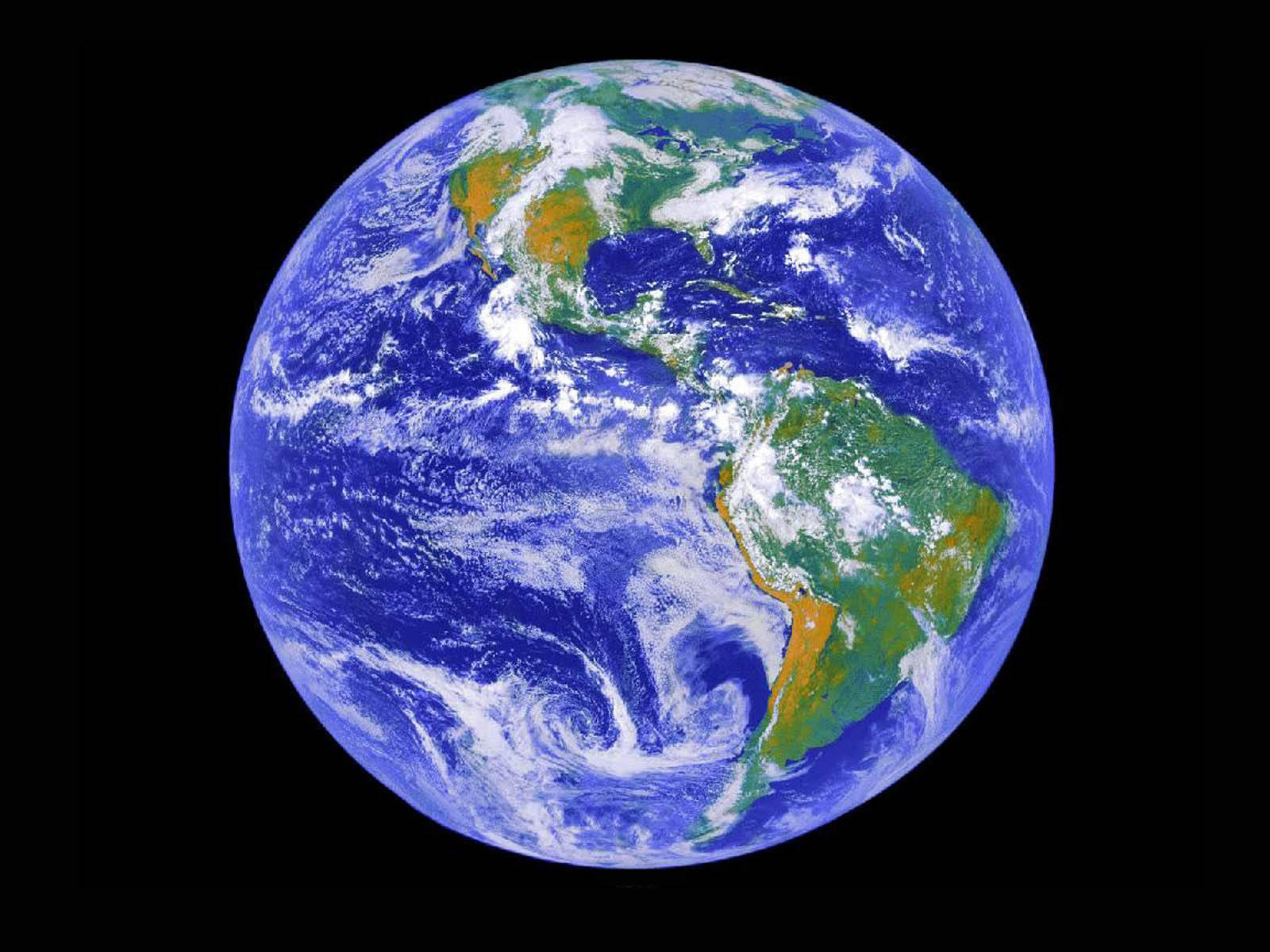


PlanetEarth.com envisions a world in which every human being is a steward of our planet; where population and resource use are balanced and sustainable;
where our understanding of the intimate relationship we share with the Earth influences every choice we make.
Toward that end, PlanetEarth.com has three goals:
1) to deliver a positive, unifying vision of what sustainable living on Earth looks like and describe ways to achieve it;
2) to report on humankind’s progress toward creating a sustainable life on Earth; and
3) to connect and engage individuals who strive to honor, protect and nurture humankind's symbiotic relationship with the Earth.
A sustainable community is one that is socially, environmentally and economically thriving and resilient. Proponents of sustainable living embrace a long-term perspective, one that plans for the future and chooses integrated solutions over fragmented approaches in order to achieve its goals. As a result, a sustainable community knows how to manage its human, natural and financial resources to meet its current needs while ensuring that adequate resources are available for future generations.1
PlanetEarth.com has been created to promote sustainable living at the individual and community levels and help identify, unify and empower the global sustainable living movement. This is Version 2 of the website. It is designed to explain PlanetEarth.com's vision, mission and goals and demonstrate its concept.
Future upgrades to PlanetEarth.com will include the Sustainable Living Dashboard, GOOD News! blog, Solar Financing COIN (Collaborative Innovation Network), educational curriculum, interactive 3D maps, video, photo and audio galleries, virtual gaming experiences, social and professional networks, Kids4PlanetEarth.com and more!
.jpg)
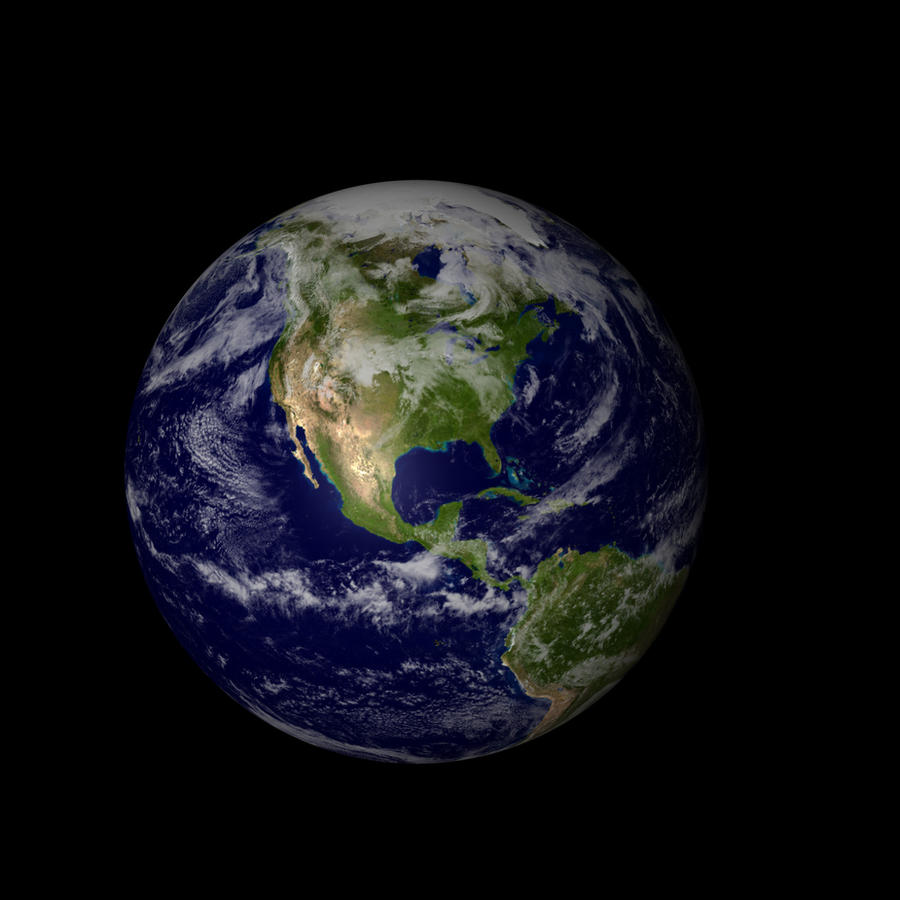
PlanetEarth is your home for good news about sustainable living and learning more about how humankind is creating a thriving, resource rich, sustainable relationship with the Earth. PlanetEarth.com combines scientific data, news feeds, video, photo and audio galleries, 3D satellite maps and other information with cutting-edge digital technology to create fun, engaging learning experiences that underscore the interrelated environmental, economic and social components of sustainability, provide a vision of the future, outline integrated solutions to the challenges we face and inspire people to act.



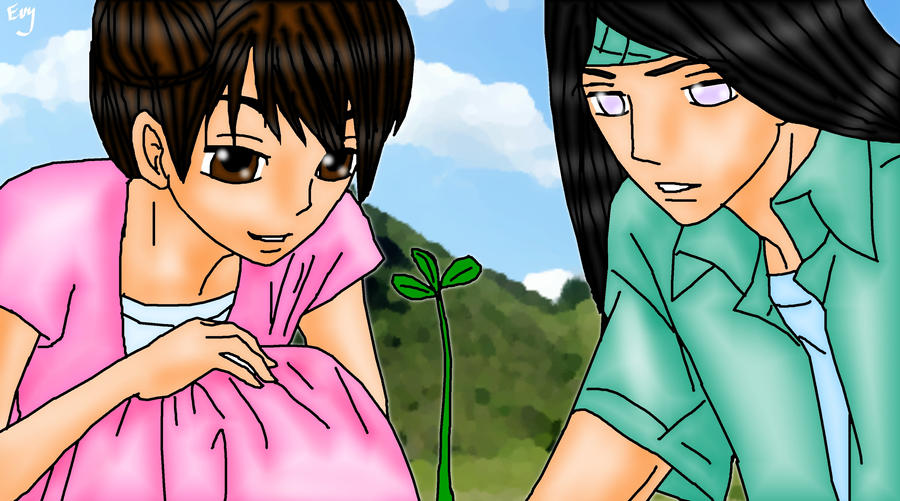













Passover began at sunset Monday, April 14, 2014 and ends at nightfall Tuesday, April 22, 2014 (tomorrow).



















